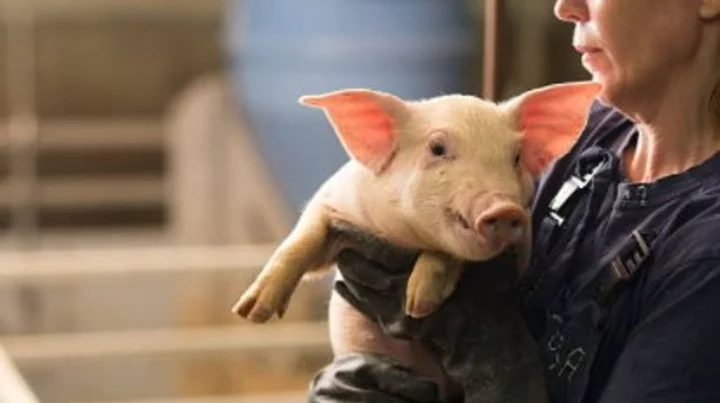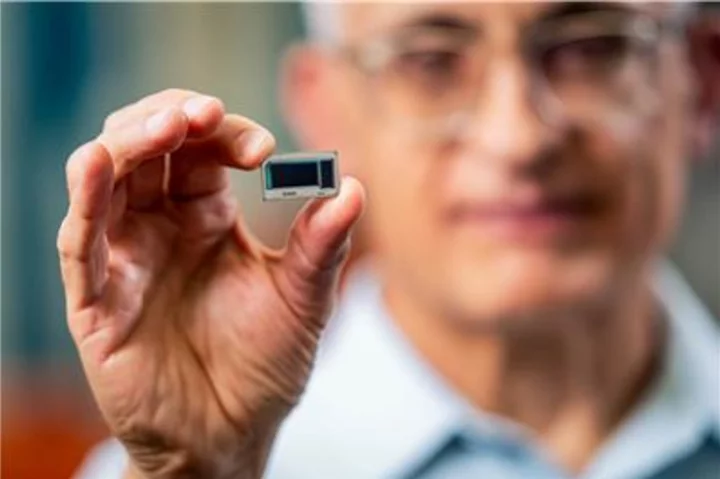Scientists have grown human kidneys in pigs, for the very first time.
Researchers at the Guangzhou Institutes of Biomedicine and Health, Chinese Academy of Sciences and Wuyi University created human-pig chimeric embryos containing a combination of human and pig cells. When they transferred into 13 surrogate pig mothers, they developed kidneys that contained mostly human cells at a rate of 50 to 60 per cent, giving hope for potential transplants in the future.
“Rat organs have been produced in mice, and mouse organs have been produced in rats, but previous attempts to grow human organs in pigs have not succeeded,” said the senior author Liangxue Lai. “Our approach improves the integration of human cells into recipient tissues and allows us to grow human organs in pigs.”
The kidneys were not entirely human as they included vasculature and nerves made mostly from pig cells, meaning they could not be used for transplantation in their current form, but it is still a pretty impressive step. And apart from the kidneys, the embryos were dominated by pig cells, with very few human cells in the brain or central nervous system. Making brains using human and pig cells is very controversial for ethical reasons, so there are tight regulations for this kind of research.
Meanwhile, pig cells tend to outcompete human cells during development, so previous experiments have created embryos that are almost entirely pig. The latest work, published in Cell Stem Cell, overcame this by genetically engineering a single-cell pig embryo so that it lacked two genes needed for kidney development. This created a gap within the embryo that could be filled by human cells.
“We found that if you create a niche in the pig embryo, then the human cells naturally go into these spaces,” said Prof Zhen Dai of Guangzhou Institutes of Biomedicine and Health, another senior author.
The scientists said that being able to incubate a fully human kidney inside a pig would be likely to take many years. “We would probably need to engineer the pigs in a much more complex way and that also brings some additional challenges,” said Miguel Esteban, also of the Guangzhou institute and a senior author.
A central challenge would be to allow human nerves and vasculature to develop within the target organ without nerve cells developing in the central nervous system that could lead to a humanised brain. “Even theoretically it’s not clear how you’d do that,” said Ilic.
Sign up to our free Indy100 weekly newsletter
Have your say in our news democracy. Click the upvote icon at the top of the page to help raise this article through the indy100 rankings.









